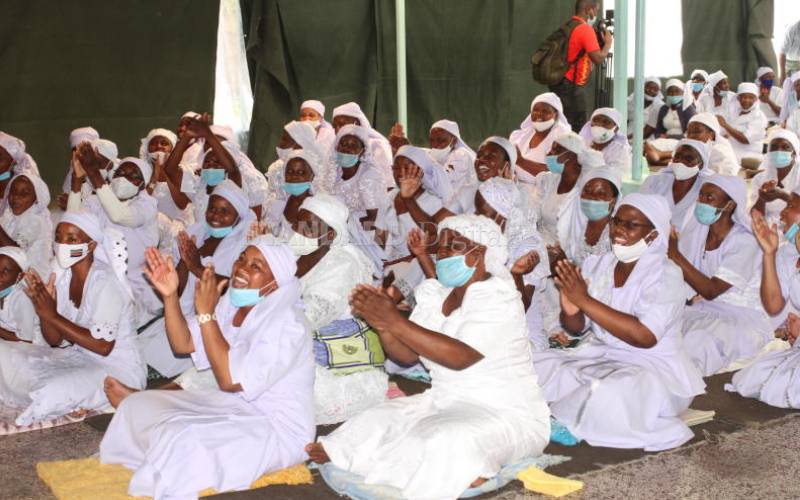×
The Standard e-Paper
Home To Bold Columnists

The State recognition of the Shona tribe at the 57th Jamhuri Day celebration is commendable. It was the second such after the 2017 recognition of the Makonde and Hindu as Kenya’s 43rd and 44th tribes respectively.
The Makonde came to Kenya from Mozambique in 1930s to work on sisal plantations at the Coast. After Kenya’s struggle for independence, those who had settled at the Coast opted to stay behind and their offspring have known no other home but Kenya.